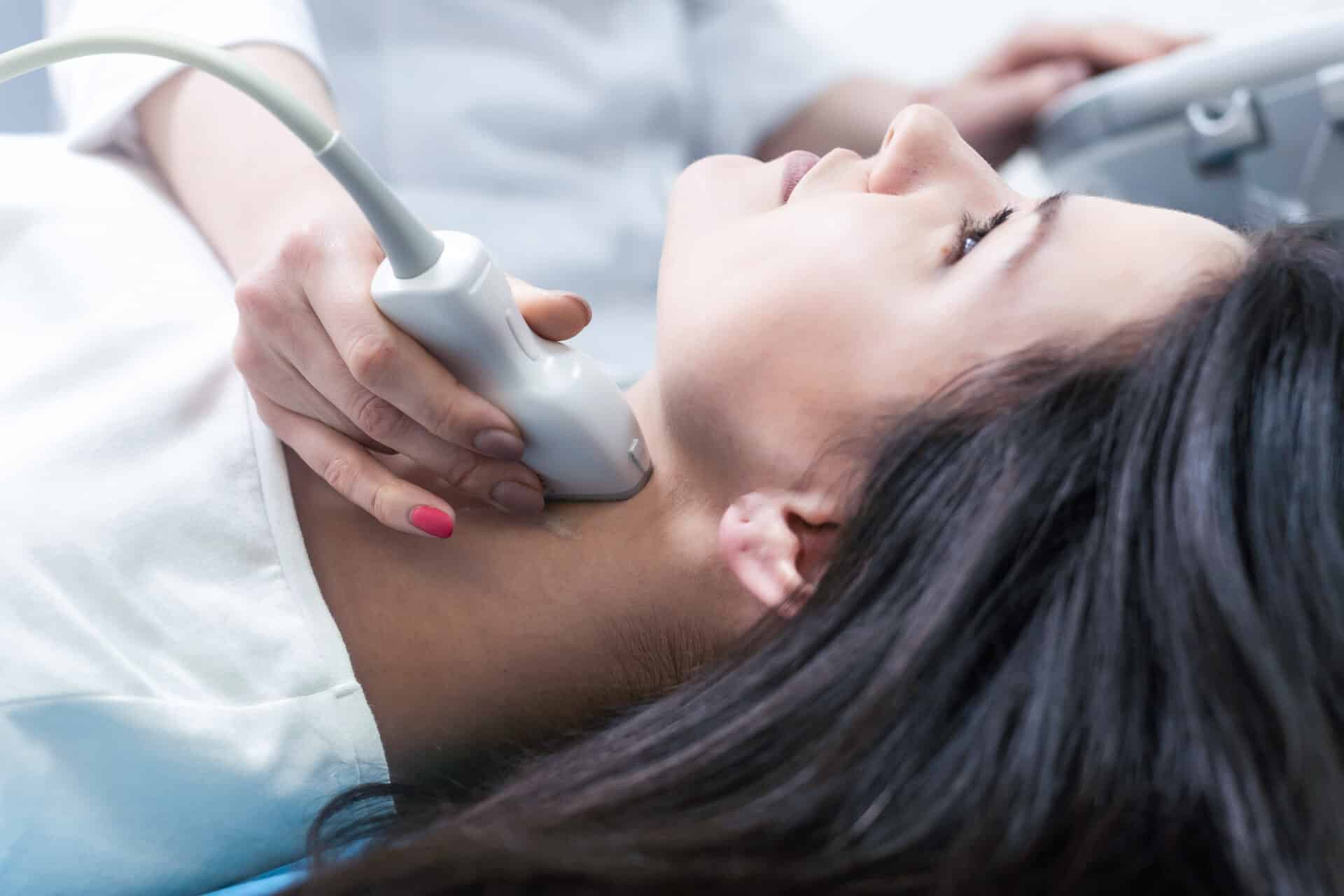Leah Bucholz shares valuable insights into hypothyroidism and what veterans can expect during a Compensation and Pension (C&P) exam. So let’s see the fundamentals of hypothyroidism, its symptoms, the connection to VA disability, and a comprehensive overview of the Hypothyroidism C&P exam process.
Understanding Hypothyroidism
What is Hypothyroidism?
The thyroid, a gland located in the neck, plays a crucial role in regulating various bodily functions. Hypothyroidism occurs when the thyroid is underactive, leading to insufficient hormone production. Common causes include autoimmune hypothyroidism, also known as Hashimoto’s thyroiditis, with a genetic predisposition being a significant factor. However, it can also manifest without an apparent cause, as the thyroid ceases to function correctly, and the body begins attacking itself.
Symptoms of Hypothyroidism
The symptoms of an underactive thyroid are diverse, affecting weight, energy levels, heart rate, blood pressure, and more. Individuals may experience weight gain, fatigue, slowed heart rate, elevated blood pressure, muscle weakness, dry skin, and impaired memory, among other issues. Recognizing these symptoms is crucial for understanding the impact of hypothyroidism on one’s health.
VA Disability and Hypothyroidism
Primary and Secondary Basis for VA Disability
VA disability for hypothyroidism can be established on both a primary and secondary basis. If the condition was diagnosed, onset during active duty or was otherwise related to some incident while on active duty, a direct service connection may be established. Additionally, if hypothyroidism is caused or exacerbated by another service-connected disorder, a veteran can also be eligible for VA disability benefits.
Example of Secondary Basis
For instance, if a veteran had lung cancer during active duty, received service connection for it, and later developed hypothyroidism as a result of the cancer spreading to the thyroid, they could establish a secondary basis for VA disability.
Mental Health and Hypothyroidism
There might be a connection between mental health conditions, stress-related disorders, and autoimmune reactions affecting the thyroid. This complex interplay between mental health and thyroid disorders warrants further exploration.
The C&P Exam Process
Initiating a Claim
Once a veteran files a disability claim, they often receive a notification detailing the location, date, and time of their C&P exam. The examining professional, whether a doctor, nurse practitioner, or physician assistant, will not necessarily be a specialist in endocrinology but should have sufficient knowledge related to thyroid disorders.
The Disability Benefit Questionnaire (DBQ)
Veterans undergoing a C&P exam for hypothyroidism can expect the examiner to typically complete the Disability Benefit Questionnaire (DBQ). This document, available on va.gov, assists in evaluating the severity of the condition and aids adjudicators in determining appropriate disability ratings.
Important Sections of the Thyroid DBQ
- Diagnosis Section: Gathering information about the type of thyroid disorder, ICD code, date of diagnosis, and additional diagnoses.
- Physical Exam Section: Assessing physical characteristics such as neck abnormalities, pulse, blood pressure, and reflexes.
- Diagnostic Testing: Inquiring about any imaging or lab tests conducted to diagnose or monitor hypothyroidism.
- Impact on Work: Evaluating how the thyroid condition affects the individual’s ability to work.
Completing the C&P Exam
The examiner will review the DBQ, conduct a physical examination, inquire about symptoms, and may request diagnostic testing. Veterans should be prepared to discuss the impact of hypothyroidism on their daily life and work.
Conclusion
Understanding what to expect in a hypothyroidism C&P exam is crucial for veterans seeking VA disability benefits. Leah Bucholz provides valuable insights into the intricacies of the process, emphasizing the importance of documenting symptoms, diagnosis, and the impact on daily life. As veterans navigate the VA disability system, knowledge about hypothyroidism and the C&P exam empowers them to advocate for their rightful benefits.
Also read: Ménière’s Disease and Veterans Disability
At Prestige Veteran Medical Consulting, a veteran-owned company, we specialize in Independent Medical Opinions (IMOs) known as Nexus letters.
Our purpose is to empower YOU, the veteran, to take charge of your medical evidence and provide you with valuable educational tools and research to guide you on your journey.
Understanding the unique challenges veterans face, our commitment lies in delivering exceptional service and support.
Leveraging an extensive network of licensed independent medical professionals, all well-versed in the medical professional aspects of the VA claims process, we review the necessary medical evidence to incorporate in our reports related to your VA Disability Claim.
Prestige Veteran Medical Consulting is not a law firm, accredited claims agent, or affiliated with the Veterans Administration or Veterans Services Organizations. However, we are happy to discuss your case with your accredited VA legal professional.













